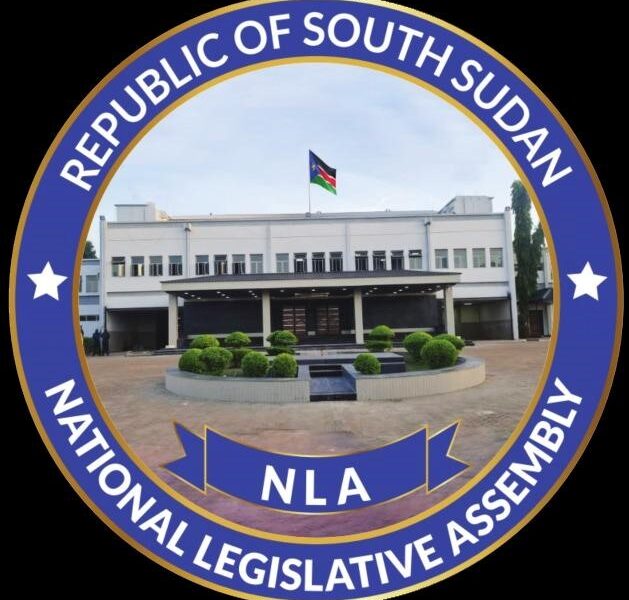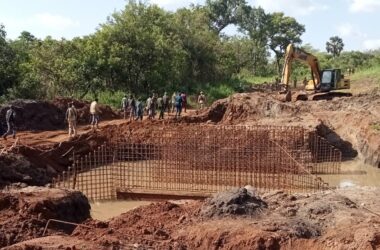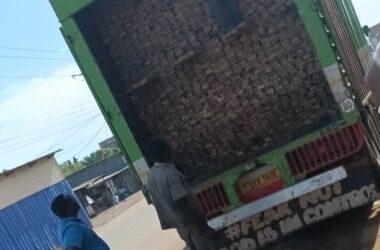By Alan Clement
By July 16th, 2025, South Sudan’s Transitional National Legislature will resume its sitting following an approximately seven-month-long recess.
As the resumption fast approaches, critical questions about the country’s development trajectory, institutional maturity and democratic stability have arisen.
A recess, initially scheduled for just four months, unpaid allowances have prolonged the resumption of the Legislature. This has attracted a renewed scrutiny of the country’s fragile governance framework and institutional dysfunction.
Experts now wonder how the resumption of the parliamentary sitting will play out.
“Under which term is the parliament convening?”, quizzed Boboya James, a political analyst, in an interview with No.1 Citizen Daily Newspaper.
Boboya pocked at speculations of absence of some members of the National Legislature, including the First deputy Speaker of the National Assembly.
“The decision-making structure of the parliament involves the Speaker, First deputy speaker & 2nd deputy speaker. However, the authority of the First deputy speaker who is from SPLM-IO was recently nullified and he is not around so I don’t know how parliament will function without the other members who are part and parcel of the legislature,” Boboya added inquisitively.
Boboya pondered the scope of the President’s Nation Address.
“Will it be an address for SPLM-IG members only without consulting the SPLM-IO and other parties to the peace agreement or for all political parties to the agreement?” he questioned.
The analyst is also concerned of the possibility of achieving quorum in the legislature.
“The parliament is formed by peace parties such as IO, OPP and others. They need to be part of the structure in terms of membership and numbers required for the parliament to run so we will wait to see whether the parliament will constitute the required quorum.” Boboya said,
However, the analyst has urged parliament to begin thinking how all members from different political parties will be part and parcel of the process so that the sitting does not suffer legitimacy crisis.
During critical national moments, the national legislature whose mandate it is; to ensure lawmaking, budget oversight and peace agreement implementation has frequently been rendered inactive.
“Since Riek Machar’s arrest, parliament has not been functioning well. Council of ministers has not been meeting and parliament has not been able to convene,” Boboya stressed.
The last recess is emblematic of deeper structural weaknesses that continue to undermine the country’s progress.
“My urge is to the leadership of the government to figure out a way of getting SPLM-IO back on board and begin to implement the peace agreement in spirit and letter,” he added.
Boboya called on the leadership of the government of South Sudan to put implementation of peace agreement first. He said those desiring wealth and power without considering the interest of South Sudanese shouldn’t be considered.
Regular parliamentary sittings involving all political parties would trigger stringent checks on executive powers, timely review and approval of national budgets and consistent legislative support for peace implementation and electoral reforms.
Boboya emphasized that it is only when the parties to the agreement are intact that the nation will see the true reflective implementation of the peace agreement moving forward.
At a time when the rest of the East African region has moved forward with budget planning, South Sudan’s legislative paralysis has made the country lag behind.
Last year, the Assembly belatedly approved the national budget amid public outcry. Similar scenario seems to replicate. Consequently, civil servants and citizens will bear the brunt with non-payment of salaries and lack of service delivery.
As spokesperson of the national legislative Assembly, Hon. Benjamin Oliver Mori announced last week that the August House resumes on Wednesday, work backlog also awaits the lawmakers.
Key electoral and constitutional bills needed ahead of the planned 2026 general elections have also been delayed.
Nonetheless, the expected return of MPs to Parliament and members of Council of state, present an opportunity albeit a narrow one for course correction.
Though, Hon. Mori did not disclosed reasons for the prolonged recess, the MPs are not immune to the national economic crisis. There is need to institutionalize parliamentary sitting schedules, ensure timely payment of lawmakers to prevent future disruptions and strengthen transparency and accountability in public finance in order for South Sudan to move forward.
MPs should prioritize key legislation and hold the executive accountable through regular oversight mechanisms. Civil society and international partners have a role to play in monitoring legislative performance and reinforcing democratic norms.
After achieving independence in 2011, South Sudan’s journey toward building a strong, accountable state crumbled two years later, and since then, political instability, recurring conflicts and inconsistent legislative activity, have invaded.
However, a revitalized Parliament, functioning without undue delay or disruption, is essential to reverse the trend of missed opportunities and steer the nation toward a democratic and prosperous future.




